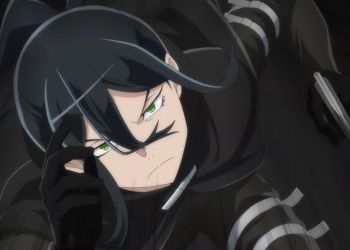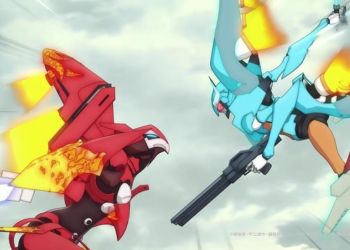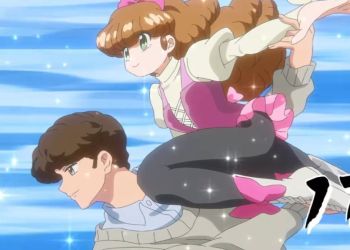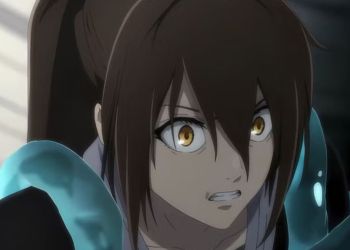Your Lie In April Ending Explained: What Is The ‘Lie?’ All Theories Explained
Your Lie In April is undoubtedly one of the best creations from the anime industry. The plot follows Kosei Arima in the lead, who has been living a monotone life after the sudden demise of his mother. Kosei goes through such mental trauma, and he refuses to play the piano anymore. His Tsubaki tries her best to revive her old friend; however, nothing yields any success. Finally, Kaori arrives in Kosei’s life and builds a new world for the main lead. The duo then aspires to play violin and piano on stage. However, the devastating ending to this masterpiece left the fans almost numb and raised many questions. Hence, here we find the Your Lie In April Ending Explained.
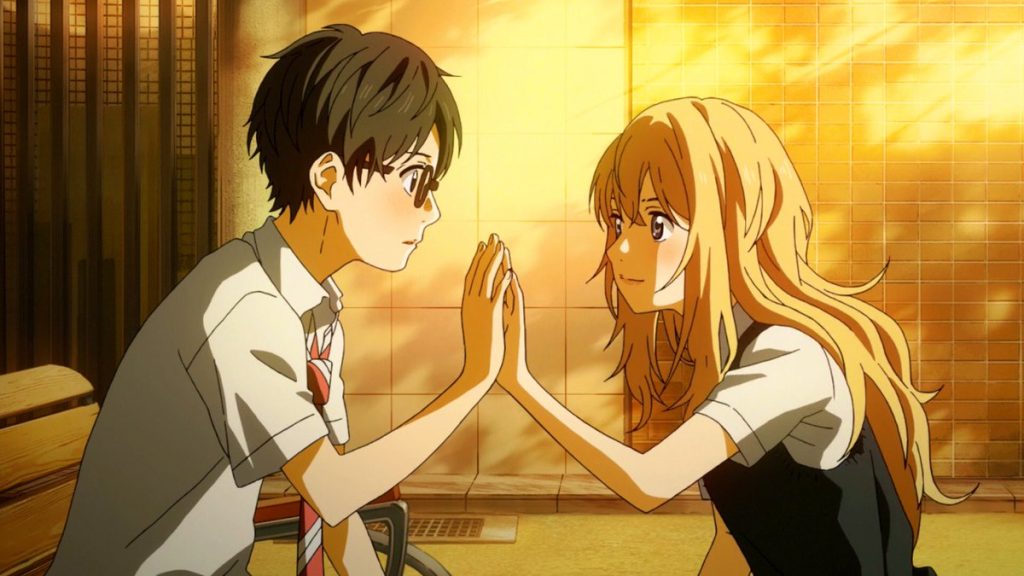
Your Lie In April Ending Explained: The ‘Lie’ In Your Lie In April
The 22nd and the final episode of Your Lie In April showcased a heartfelt performance that sent chills down every viewer of the series. Kaori and Kosei performed one last time together in an endless lake above the sky with clouds around. The scene is considered one of the best anime endings ever. More so, the song is a sensational number. By the end of the record, Kaori disappears amidst the sky, indicating that she has finally lost her battle at the hospital. Kosei realizes this and goes on to play on stage just as he is supposed to or just as Kaori would have wanted.
At the funeral, Kosei receives a letter from Kaori’s parents written by her. He opens it in Spring which reveals the ‘lie’ that Kaori told. Now, previously Kaori was introduced as a friend of Ryota and Tsubaki but soon found her way to Kosei and his music. However, in the letter, she reveals that she knew since very young and his performance on stage inspired her to play the violin. Kaori wished to accompany Kosei in his performances. Hence she left learning piano and learned violin. She also confesses that she has always been in love with him ever since she first saw him.
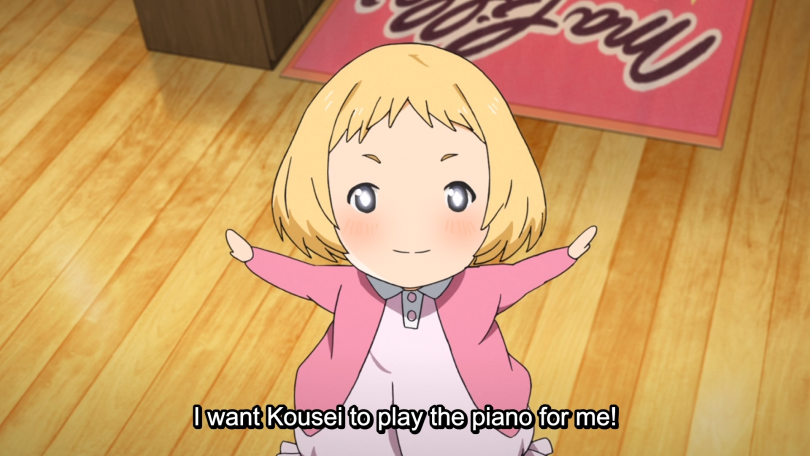
How Much Did Kaori Impact Kosei’s Life?
Now, many fans argue that there has been a few similarities between Kaori and Kosei’s dead mother. It has been portrayed in the show that Kosei’s mother reaches a point where she forces Kosei to play the piano and outreach his limits. She realizes that she has very little time left and wishes to teach her son enough so he can lead a life alone. After her death, Kosei is too scared to play the instrument and quits it. Later, it was Kaori who inspired him to live freely and play the piano once again.
Your Lie In April Ending Explained: Towards the series, viewers find many distorted and cruel visions of his mother here and there. However, by the end of it, every piece becomes clear, and her true intentions begin to unravel. Lastly, as much as Kaori’s death impacted Kosei’s life, it never led to the point of complete breakdown as Kaori meant much more to him. He began playing the piano once again. Moreover, in the end, scene, he is seen smiling with Tsubaki.
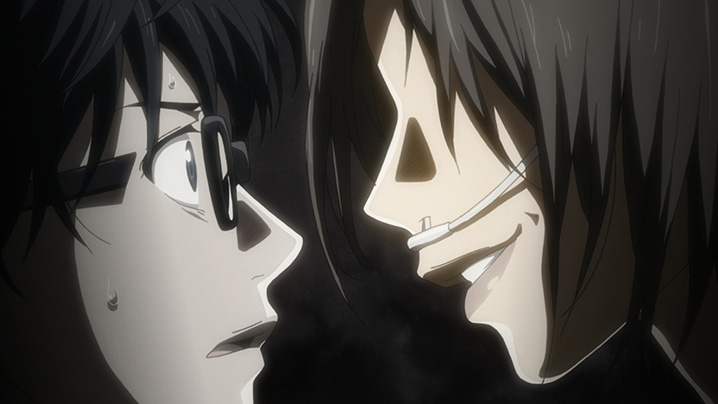
Do Tsubaki And Kosei Get Together?
Though as much Kaori’s death comes as the anime’s most tragic ending but the end scene has a much lighter tone than the episode overall. The series depicts a friendship between Tsubaki and Kosei that has been there long before Kaori. The duo had been great friends even during Kosei’s worst times. However, Tsubaki realizes her love for Kosei much later in the series, which according to her, was too late. However, Tsubaki never leaves Kosei’s side. She saw the bond that was forming between Kosei and Kaori and never chose to interfere.
Also Read: Best Anime Like Your Lie In April That Will Take You Back To Musicals!
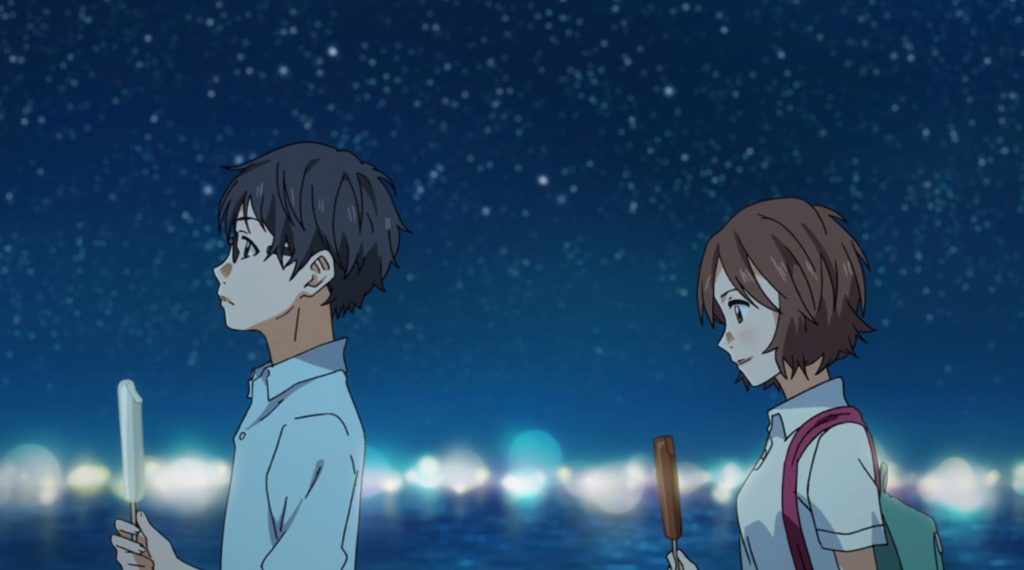
After Kaori’s death, it is clear that it was Tsubaki who helped Kosei’s the most. Moreover, the childhood bond between them will never falter. It is out of no question that Tsubaki deeply loves Kosei. And seeing him happier with Kaori, she decided to remain unspoken about her feelings. Finally, Kosei might never get over Kaori, but his love for Tsubaki cannot also be foreshadowed. Hence, it is likely that friends might have gotten together in the future.
